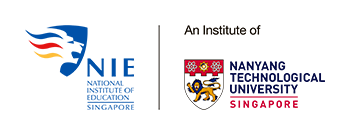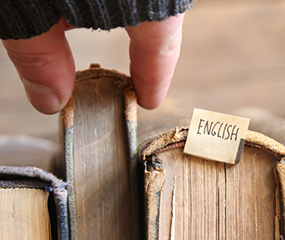
|
|


|

|
|
|
- |
|
|
This course focuses on introducing poetic form as object of analysis, equipping Literature teachers with the critical vocabulary to teach and design lessons on form. |
|
Course synopsis |
|
Form serves as the organising structure for the practice and critical discourse on poetry as a literary genre. Poetic form not only powerfully organises the reader’s cognitive and aesthetic approach to the poem as a well-wrought literary speech act, but also informs the place of poetic production as it relates to intellectual and cultural history. However, students in the secondary school Literature classroom often lack the confidence and the critical vocabulary with which to understand and analyse the relationship between form and meaning, resulting in a hesitancy in engaging with poetry as literary genre. A focus on the fundamentals of poetic analysis, with form as underpinning an attention to poetic structure, is crucial to students’ understanding and appreciation of Literature given the increased emphasis placed on poetry in the new MOE Literature syllabus.
This course will provide participants with useful pedagogical strategies to introduce and teach poetic form to students. It will seek to analyse form in two ways: i) as a structural object of analysis and ii) as an indicator of literary and cultural concerns. By locating the changes in form and formal analysis as effective registers of shifts in literary sensibilities and patterns of meaning, this course explores how poetry continually responds to contemporary matters of class, gender, society and language. Special emphasis will be given to the contemporary usage of distinct forms in Singaporean poetry, in order to understand how traditional forms are reworked and negotiated to fold poetic form out towards the multifaceted intersection between Singaporean history, society and cultural discourse. Participants will have practice crafting lesson plans and packages using different poetic forms and concrete poetic examples ranging from diverse literary traditions. |
|
View More |
Objective |
|
By the end of the course, participants will be able to:
|
Outline |
|
Part 1 (Form as analytical object)
Part 2 (Form, history, society)
Session 3 (Teaching Form in School)
|
Course fee |
||||||||||||||||||
*MOE Educators include MOE & Direct Hire Staff from Independent, Specialised Independent and Specialised Schools. |
Who should attend |
|
Secondary School Literature Teachers
|